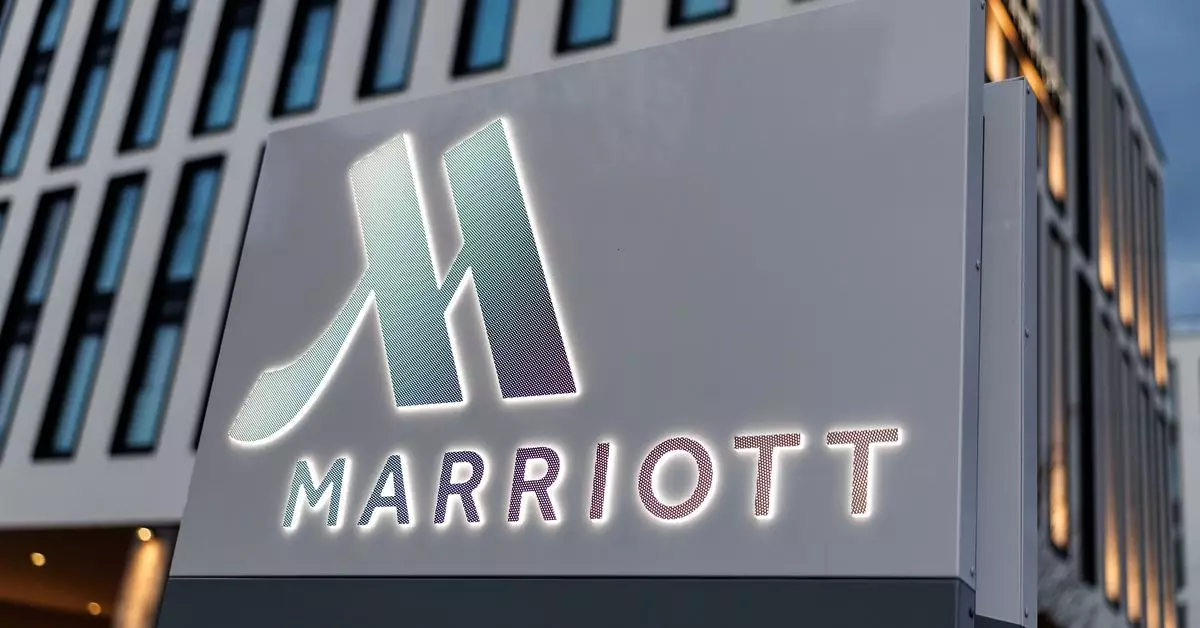In an unsettling revelation regarding corporate data security, Marriott International, along with its subsidiary Starwood Hotels, has been scrutinized by the Federal Trade Commission (FTC) for its inadequate security measures. This inquiry, finalized with an order from the FTC, stems from a series of significant breaches occurring between 2015 and 2020, which collectively compromised the data of over 344 million customers globally. The infractions have cast a shadow over the hotel chain’s operational integrity, demonstrating that even industry leaders can fall victim to cyber vulnerabilities.
Marriott’s security failures are particularly alarming given the timeline of breaches. The FTC’s findings indicate that the shortest breach persisted for an astonishing 14 months, during which sensitive consumer information was at risk. The most extensive breach allowed malware intruders to remain undetected for four years starting in 2018. This prolonged exposure not only resulted in the theft of critical data—such as passport details and payment card information—but also shattered consumer trust, which is hard to rebuild once lost. The gravity of these breaches serves as a stark reminder of how pressing the need for robust cybersecurity practices has become, especially in an age where digital transactions are the norm.
Upon investigating Marriott’s practices, the FTC charged the hotel conglomerate with misrepresenting its data security measures, claiming that they had failed to provide “reasonable and appropriate data security.” Their shortcomings were extensive, ranging from poor password management to neglected software updates. In light of these findings, Marriott has been mandated to bolster its security protocols significantly. New initiatives include policies that limit data retention to only what is necessary and transparency for U.S. customers—allowing them to request the deletion of their personal information.
Moreover, the FTC’s order prohibits Marriott from misrepresenting how customer data is collected and protected. These stipulations serve a dual purpose: they aim to ensure consumer protection while also retaining the integrity of the business’s operations. A $52 million settlement with the Connecticut Attorney General further underscores the financial ramifications of these discrepancies.
This incident is not an isolated case but part of a larger pattern of cybersecurity issues within the hospitality sector. In recent years, hotels have increasingly become prime targets for cybercriminals, with attacks resulting in significant disruptions. For instance, last year, MGM Resorts fell victim to a ransomware attack, compelling customers to revert to cumbersome manual check-ins. Such breaches have far-reaching implications, affecting not only the immediate businesses involved but also the reputation of the hospitality industry as a whole.
As Marriott grapples with the fallout from these breaches, the company’s path forward will require vigilance, substantial investments in cybersecurity measures, and a genuine commitment to safeguarding consumer data. With the FTC’s order remaining in effect for 20 years, it will be critical for Marriott to show that it can adapt and rise to the challenge of protecting its customers. This case emphasizes the vital need for robust cybersecurity across all industries, particularly those that manage sensitive data on a grand scale. In an era where digital threats are ever-evolving, proactive measures must be the standard, not the exception.


Leave a Reply